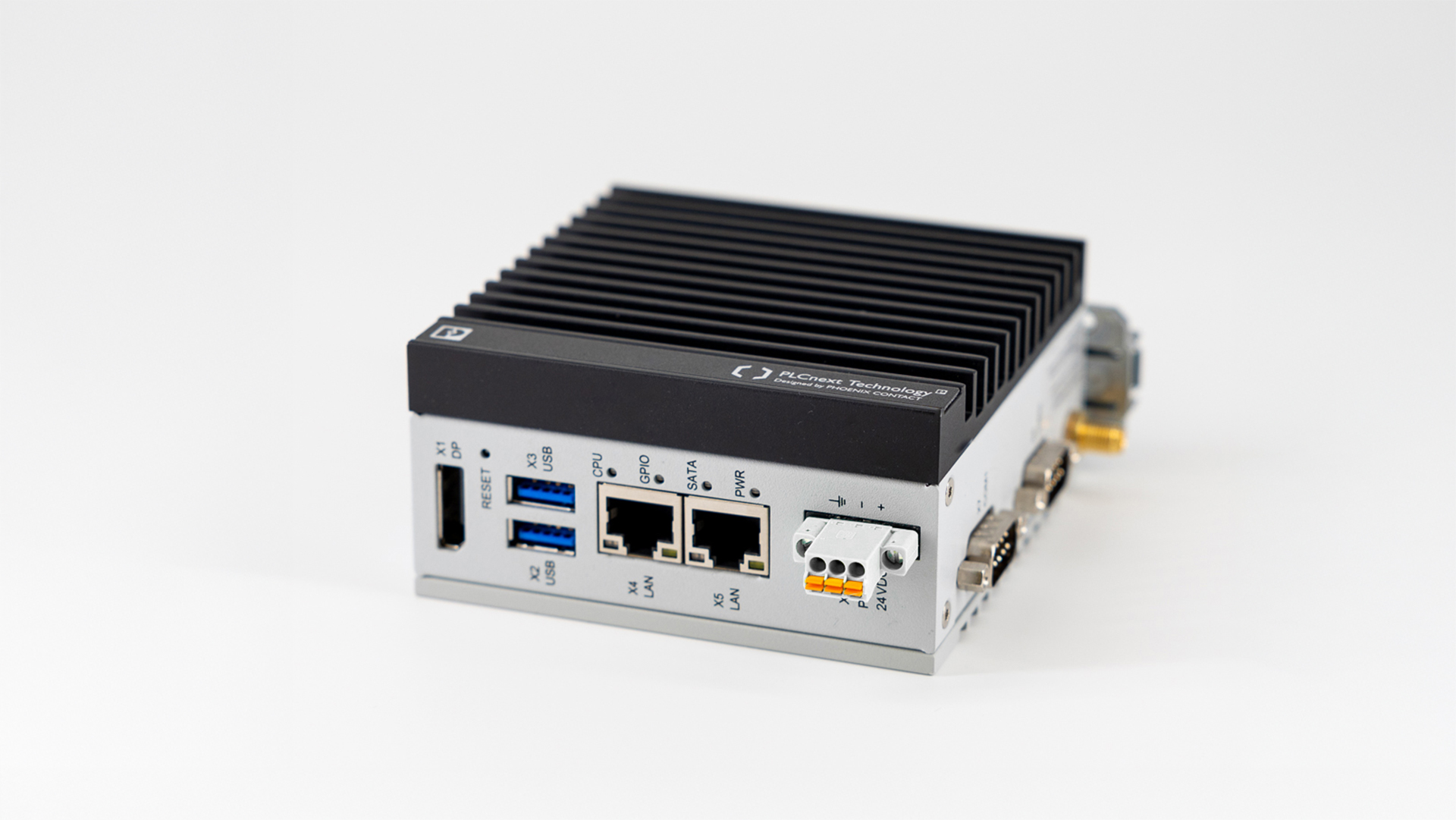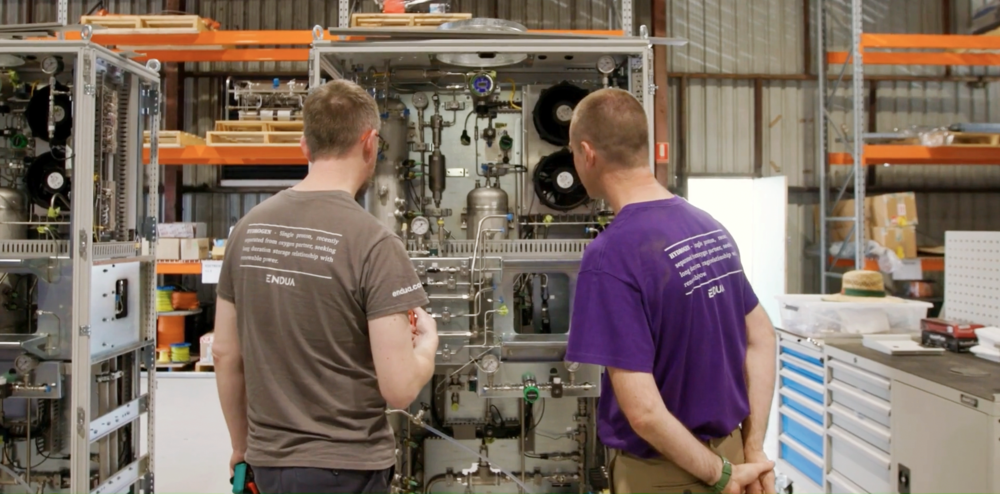
Automation promises to radically transform the landscape in which industrial processes are performed. Businesses are constantly searching for ways to achieve a competitive advantage, and the use of automation technologies has been widely adopted across many market sectors. Automated processes can be found in a diverse range of workplaces. A few examples include software for database administrators, robots used in factory assembly lines, and fully autonomous package shipping and fulfillment centers.
In this article, we are going to look at how industrial automation is affecting the current workforce and what we can expect to see in the near future. We will also investigate the skills that will become increasingly important as the role of workers evolves along with the technologies they are asked to work alongside. Arming oneself with the right skills may be the best defense against the potential unpleasant effects of industrial automation.
The Impact of Widespread Automation on the Workforce
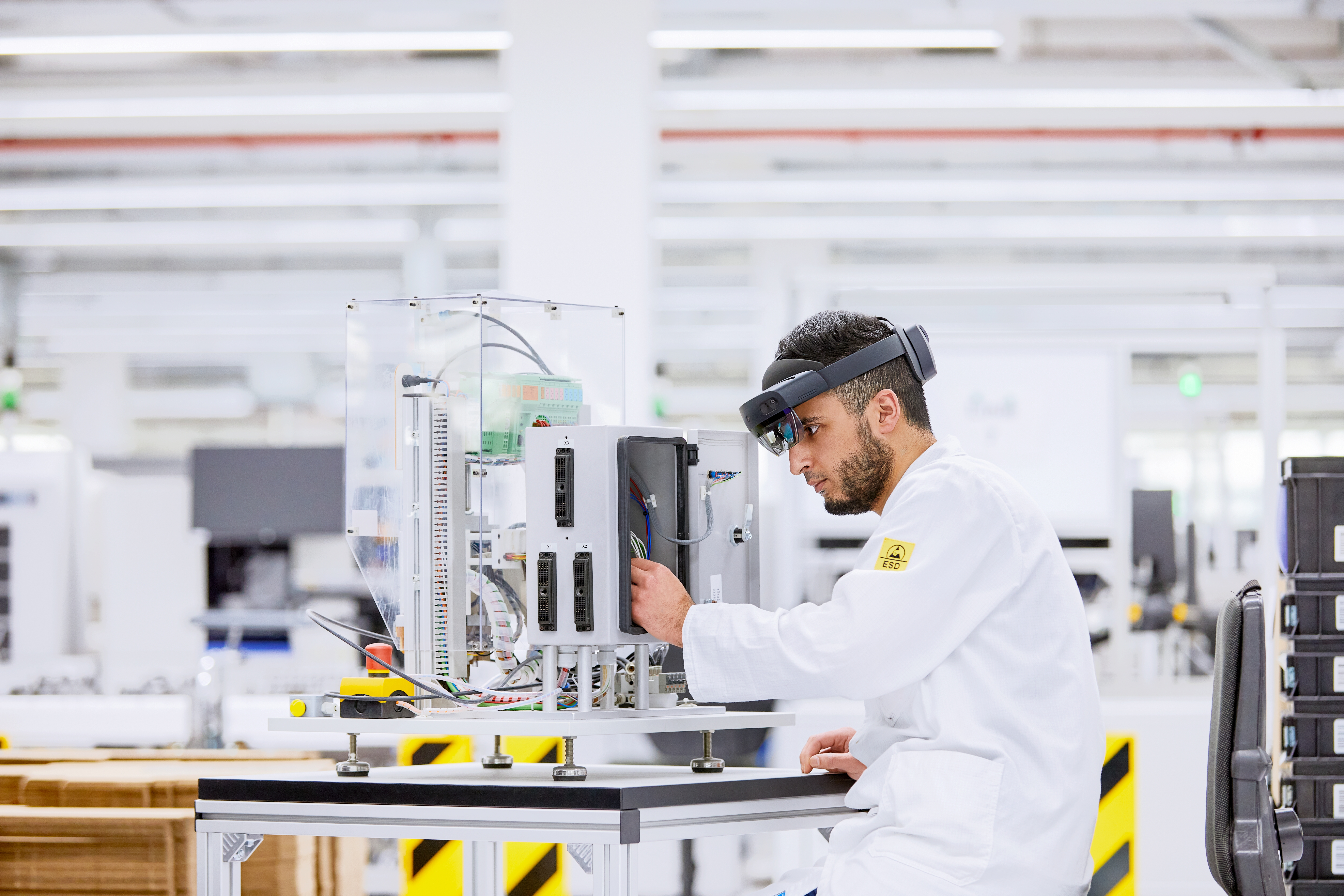
Global business consultant McKinsey has conducted extensive research on the current and future state of automation in the workplace. Here are some of the salient points that can be taken from their efforts.
- Businesses are employing automation technologies to enhance performance, reduce errors, and improve speed and quality. In some cases, automation enables business outcomes that cannot be achieved solely with human resources. Estimates are that automation can increase global productivity by 0.8 to 1.4 percent per year.
- More occupations will change significantly rather than disappear altogether due to the effects of automation. Approximately half of the jobs that are responsible for $16 trillion in wages can be at least partially automated with technology that is currently available. Most automation will affect highly structured physical activities that are predictable and repetitive such as those in the manufacturing and retail sectors of the economy.
- The pace and extent of workplace automation will be based on technical, economic, and social factors. Advancements in technologies like natural language processing will enable automation to be used in new venues. Social acceptance of automation, as well as the costs and available skilled resources, will also affect the speed at which automation becomes ubiquitous.
- Humans will continue to work alongside machines as industries strive for greater productivity. The shift in the workforce is anticipated to rival that of the displacement that occurred in the agricultural sector at the outset of the industrial revolution. The creation of new types of work that did not previously exist is expected to help alleviate the problem of individuals displaced by automation.
Organizations that choose to implement industrial automation procedures are driven by a desire to streamline their production lines. Gains in productivity and heightened quality control are the expected outcomes of adopting an automated approach to industrial processes. Shifting human resources away from repetitive tasks that lend themselves to automation will be a part of the future plans of many corporations.
As the production methods employed by industry shift to more automated systems, new opportunities will be presented to the current and future workforce. Physical labor will be replaced by more intellectual and creative pursuits. Workers will transition from performing the physical activities of their previous roles to programming and maintaining the robots and machines that are now doing the heavy lifting. In a similar fashion to prior technological revolutions, there will be new occupations created that are beyond our capacity to imagine today.
A Viable Skillset for Industrial Automation Engineers
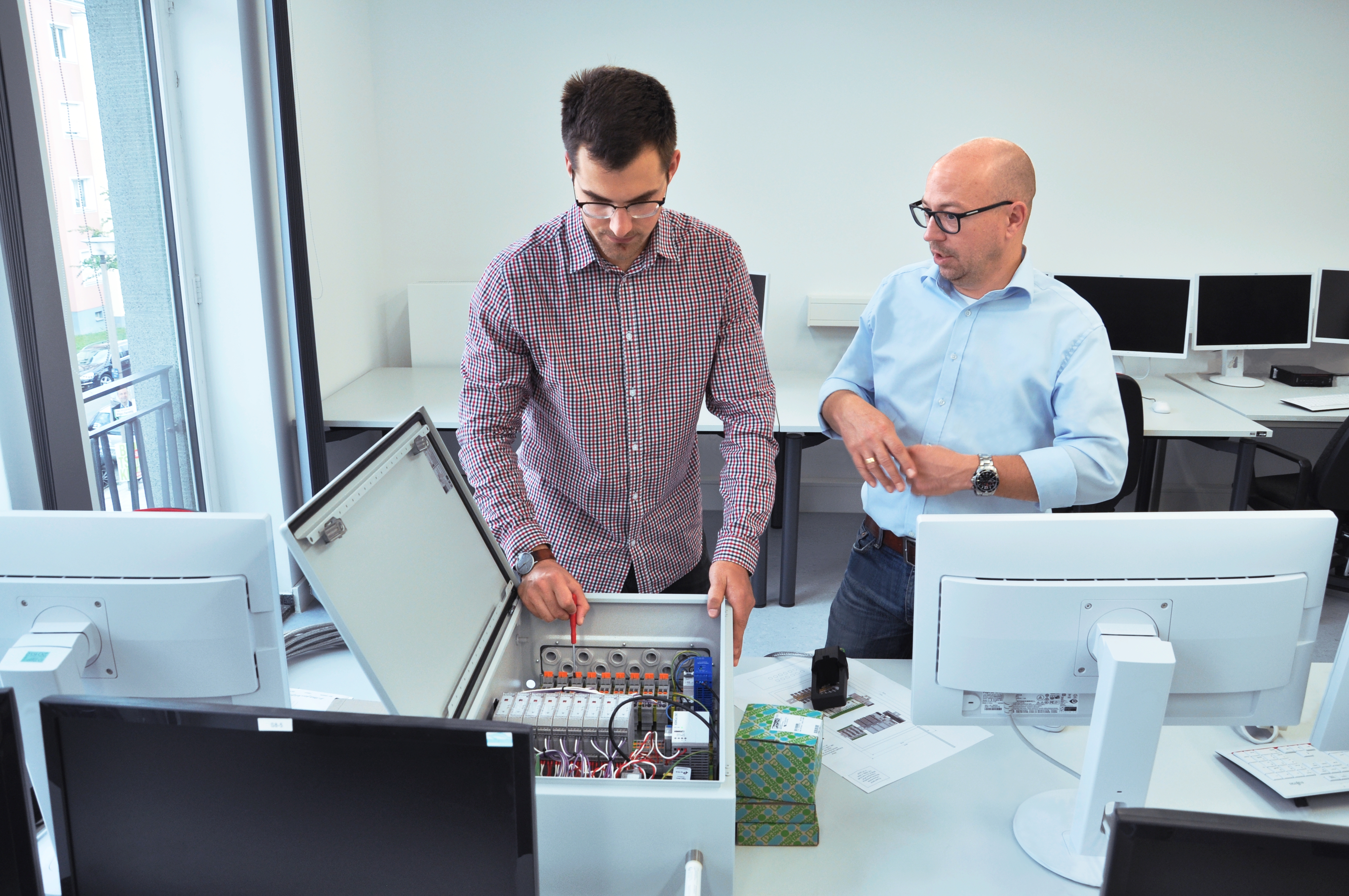
Robotics, artificial intelligence (AI), and machine learning (ML) continue to evolve and expand the power and scope of the activities that can be performed autonomously. The coming decades will continue to introduce new and innovative uses of automated industrial processes. Automation engineers will be required to develop, monitor, and maintain these systems.
Workers who wish to thrive in the industrial workplace of the future will require a substantially different skill set than in the past. It will not be enough to be a dedicated employee who can perform a complicated task with an amazing degree of accuracy. You will need a wider and more versatile set of skills if you wish to thrive in an automated work environment.
Here is an overview of the most valuable skills for those interested in a career as an automation engineer.
Strong IT skills and technical experience – A combination of technical expertise regarding PLC systems and information technology (IT) skills gives candidates a solid foundation for employment as an automation engineer. As IT and operational technology (OT) departments converge into a holistic entity, possessing skills in both disciplines makes an individual more valuable to potential employers. Some specific systems that are widely used include Citect, ClearSCADA, and Cimplicity. Experience in implementing and maintaining modern industrial systems is a highly sought-after skill.
Data management experience – The ability to effectively acquire, manage, and analyze data can be an extremely valuable skill that strengthens an industrial automation team. The familiarity with data management concepts provides an engineer with another avenue through which to contribute to the team.
Teamwork and people skills – Engineering teams are the norm across most industries, and a willingness to integrate into the existing structure is a key to success as an automation engineer. Working well with others as well as demonstrating strong communication and interpersonal skills are necessary to succeed in this field. Engineers must be comfortable working across disciplines as they implement systems to support their employer’s business.
In-depth specialized knowledge – Some organizations require candidate engineers to have a degree of in-depth knowledge of the specific industry they will be supporting. For instance, exhibiting knowledge and an interest in renewable energy will be beneficial when searching for a position as an automation engineer at a wind farm.
Automation engineers need a well-rounded set of skills that can meet the flexible demands of the fast-moving and constantly evolving field. It’s not the place for the solitary engineer toiling in a lonely office. Teamwork and soft skills are as important as the technical expertise an individual brings to the table.
Specific Skills Employers Seek
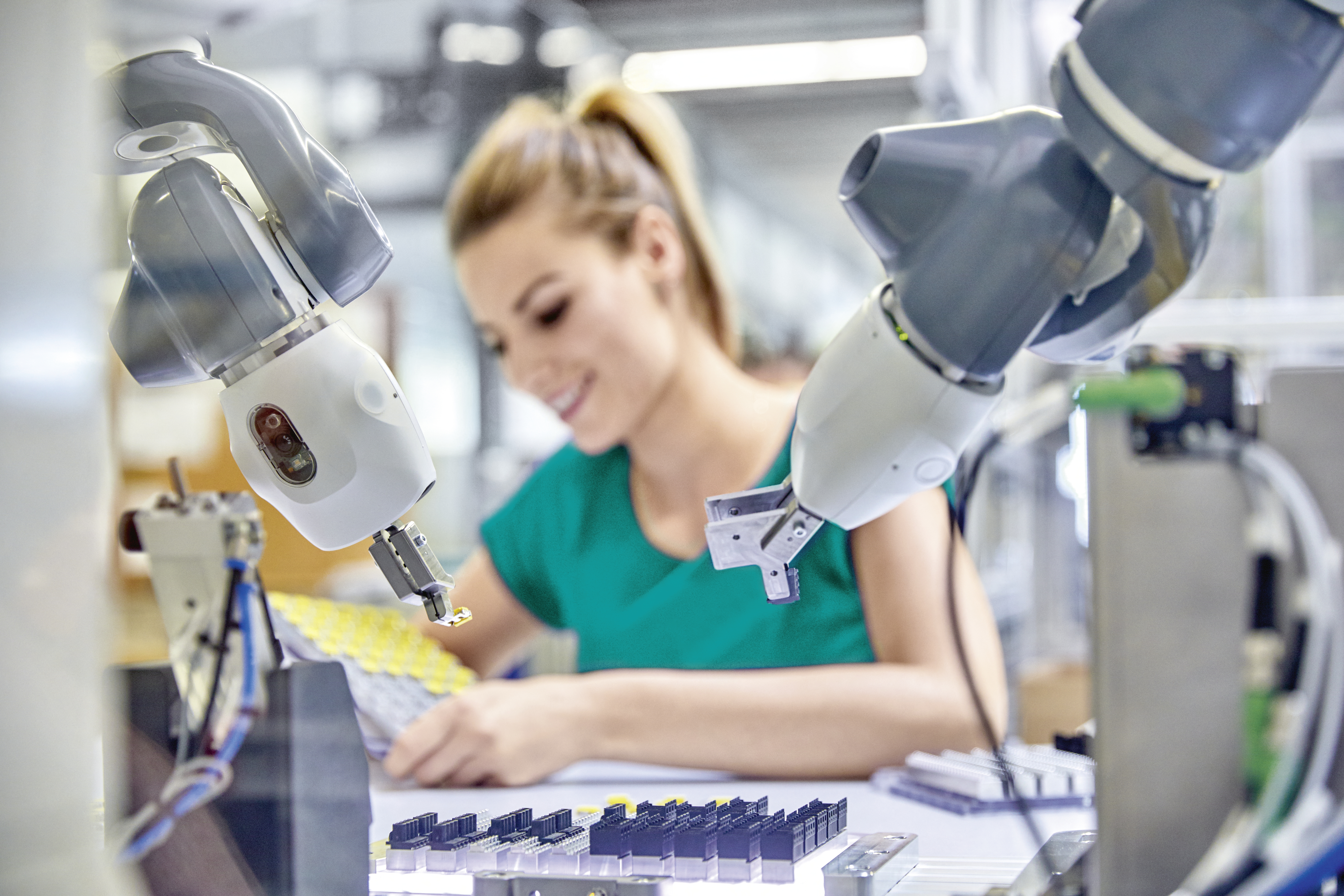
A study conducted by the popular job site ZipRecruiter indicates that there are some specific skills that are in demand by organizations looking to hire automation engineers. Here is a list of the top skills required by employers for automation engineering positions.
- Experience with programmable logic controllers (PLCs);
- Knowledge of electricity and electrical engineering;
- An understanding of computer science and scripting;
- Familiarity with control systems;
- Knowledge of the Java and Python programming languages;
- The ability to develop and perform testing on automated processes;
- Robotics experience or knowledge.
Some skills that prospective employees may focus on in their resumes are not as relevant as they think for obtaining a position in automation engineering. Experience with SQL, HTML, and specific databases are not necessarily highly sought-after skills by potential employers.
The Future of Industrial Automation
It’s always dangerous to make predictions concerning the future of technological disciplines. There is always the potential for a paradigm-shifting discovery to shatter previous expectations and present new directions for innovation. I imagine there were quite a few distraught oil-lantern manufacturers who rued the day electric lights were introduced. But so it goes.
That being said, some generalizations can be made regarding what the near-term future holds for the world of industrial automation. The next industrial revolution, also known as Industry 4.0, is predicated on the use of automation and robotics. It promises to radically change the future of manufacturing and other industrial facilities.
The increasing level of intelligence and flexibility built into automated systems and solutions broadens their application in industrial settings. These systems are easier to use and program than their predecessors and are enjoying widespread acceptance in many market sectors. Developments like fully automated factories and automated guided vehicles (AGVs) enable companies to improve productivity in previously unimagined ways.
The demand for skilled automation engineers will only benefit from the further adoption of automated industrial solutions. Machines that promise to minimize the value of physical labor need to be developed, programmed, installed, and maintained. This presents numerous opportunities for automation engineers to fill important roles in the new workforce resulting from society’s embrace of industrial automation.

